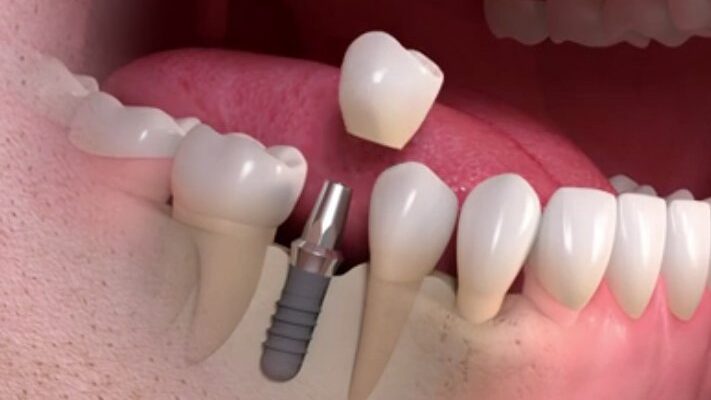The concept of bio-engineered teeth (bio-teeth) has largely focused on the generation of tooth primordia that mimic those in the embryo that can be transplanted as small cell “pellets” into the adult jaw to develop into functional teeth.Despite some significant advances, this cell-based approach for whole-tooth replacement seemed to be a distant goal.
Current implant-based methods of whole-tooth replacement fail to reproduce a natural root structure, and, as a consequence of the non-buffered forces of mastication, jaw bone resorption is commonly observed around the implant. Bio-engineered teeth with natural root structure could eliminate this drawback of implants.This biological implant forms a tooth root that is fully integrated into bone via a natural periodontal ligament.
Researchers from Dental Institute, King’s College London showed that cell can be isolated from adult human gingival tissue that can be expanded in vitro and, when combined with mouse embryonic tooth mesenchyme cells, form teeth. Teeth with developing roots can be produced from this cell combination following transplantation
into renal capsules. These bio-engineered teeth contain dentin and enamel with ameloblast-like cells and rests of Malassez of human origin.
These epithelial cells are easily accessible and thus are a realistic source for consideration for use in human bio-tooth formation.The next major challenge is to identify a way to culture adult human mesenchymal cells. More research is needed in this regard before it is used as a viable clinical option.
Source : Journal of Dental Research.




















Comments